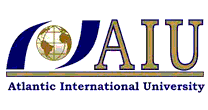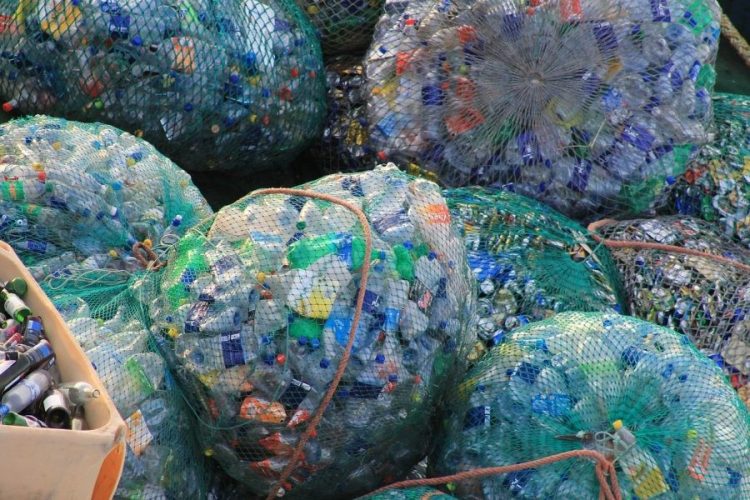Waste (or wastes) are materials that are unwanted or unusable.
“Waste is any substance which is discarded after primary use, or is worthless, defective and of no use.” – Wikipedia.
Every day, we generate waste.
Waste is anything that we no longer need or value and wish to discard; from the pizza carton, nylon bags, paper bags, leftover foods, to the much heavier industrial waste, we produce tons of waste on a daily basis.
In the United States, waste management has categorized wastes into four types:
Trash – Wet waste.
Garbage- Dry waste.
Refuse – A mixture of both wet and dry waste.
Rubbish- a mixture of refuse and demolition or dirt from a construction site.
According to the World Bank, Africa alone generates several million tons of waste each year, with the figure growing by the day.
Several methods have been developed in the past to deal with the waste produced by society, such as dumping sewage waste into rivers and seas, burning some other dry wastes, and so on.
These waste disposal methods have resulted in a number of disease outbreaks and environmental pollution. Waste has always been and will always be generated by humans; waste generation will never cease as long as we live; instead, waste production is increasing, particularly on the African continent, due to factors such as population growth, rapid urban and rural settlements, and rising levels of disposable income. It seems like with every development comes the production of waste. Waste is one of the products of human existence.
With the advancement of technology, several attempts have been made to manage waste in order to reduce the negative effects it has on our health and the environment, such as the ISO 14001 directive on proper waste management.
Waste management has recently become a very profitable business for some entrepreneurs, particularly in the waste recycling business. Waste recycling is the process of converting waste into items that can be reused, such as converting a pile of nylon bags into a plastic bowl for use in the kitchen. Several of these businesses can be found all over the world, particularly in Africa, where waste generation is much higher on a daily basis.
The waste industry is now a very profitable business, particularly in Africa, providing hundreds of jobs and a higher standard of living for many others.
From waste collection to waste recycling, there are numerous opportunities; indeed, there is wealth in waste, thanks to research and technology.
Some opportunities found in the waste industry are categorized under the following:
- Waste Collection – Every household, business, and the industry generates waste on a daily basis and must dispose of it. Previously, these wastes were dumped in a specific location for waste disposal; however, after a while, the wastes overflowed and clogged the drainage and roads. Due to environmental laws, most households and businesses are now willing to pay in order to properly dispose of their waste. This has created a business opportunity for many industries, which are now purchasing waste trucks to be used in the waste disposal business. This is a win-win situation for both waste generators and waste collectors, as well as a healthier, less polluted environment.
- Waste Processing- This can be either organic or inorganic.
Organic waste processing – Organic waste is waste that decomposes or biodegrades and can be obtained from the kitchen, restaurants, hotels, leftover food, vegetables, grasses, and animal waste. Composting is the process of processing organic waste, and the end product is the preferred form of fertilizer for the soil because it contains a high level of humus, which allows the soil to breathe. Composting is a natural method of converting organic matter into valuable organic fertilizer that can be used to enrich the soil before planting.
Inorganic waste processing – Inorganic wastes are non-degradable wastes such as rubbers, plastics, glasses, wood, textiles, and so on. When inorganic waste is collected, it is usually separated into different parts based on its type, and then cleaned and sanitized before processing begins. Metals, papers, plastics, textiles, and rubbers are separated. Paper bags, buckets, tires, and a variety of home decoration items are among the end products of inorganic waste.
The waste industry has benefited not only waste collectors and processors, but also the industries that provide the machines used in the processing and society as a whole.
Thanks to the waste industries, we now live in a cleaner and healthier environment.
So, the next time you trash your waste, remember that your waste is another person’s wealth!
Sources







